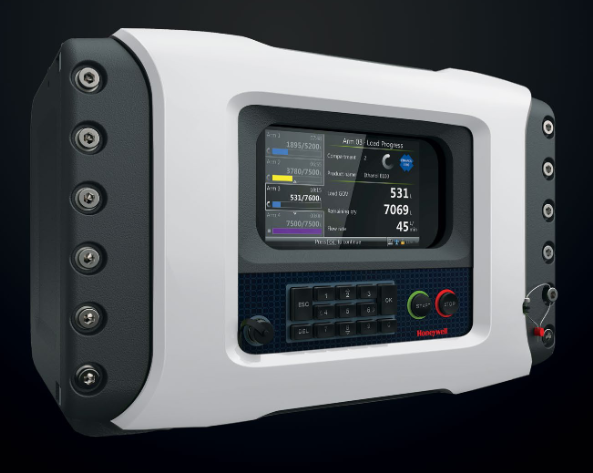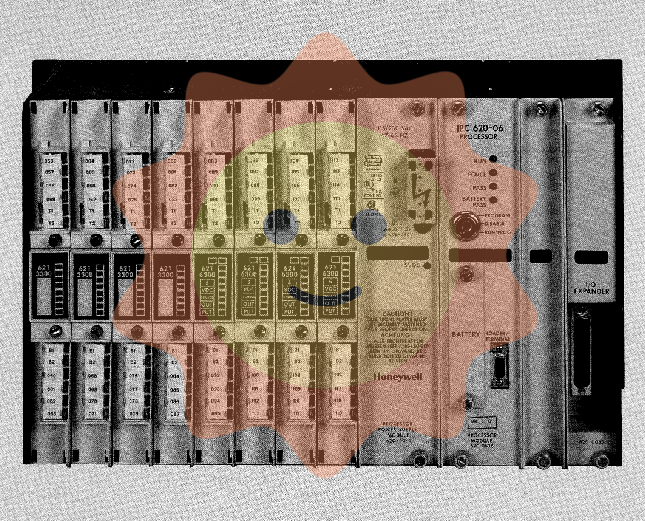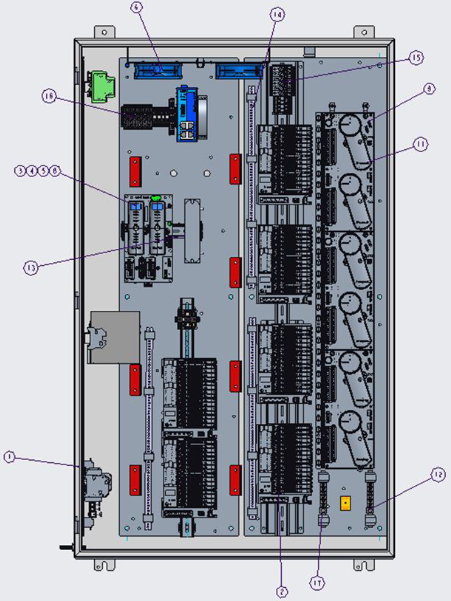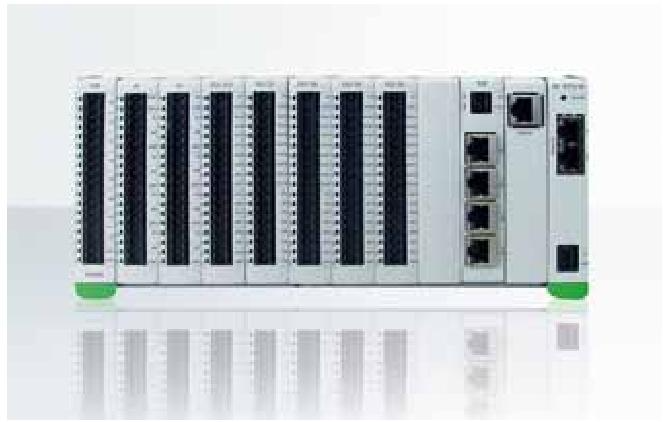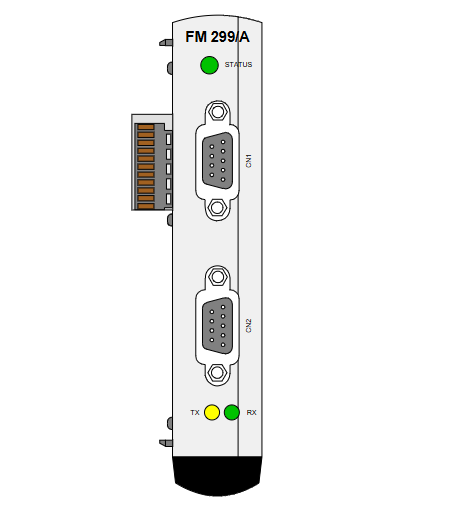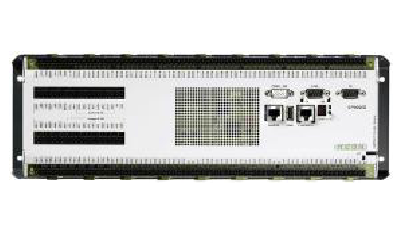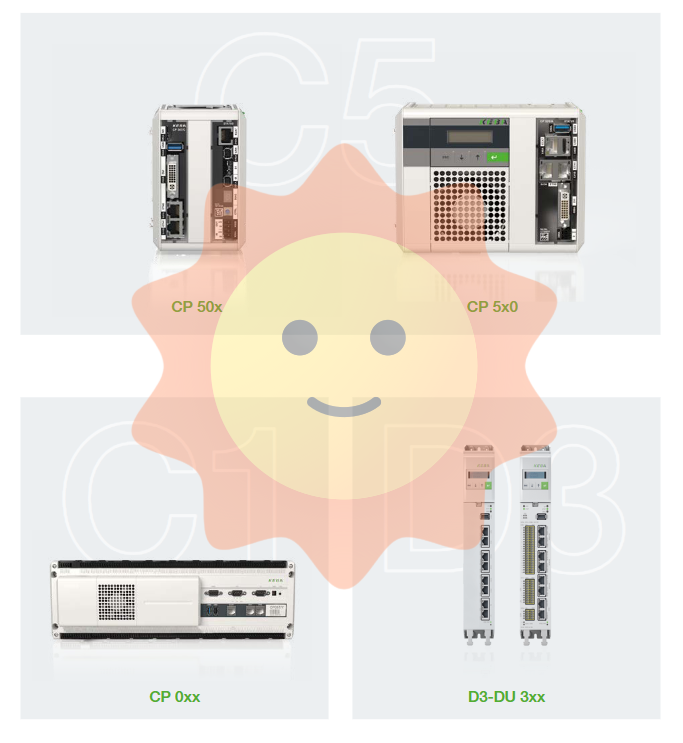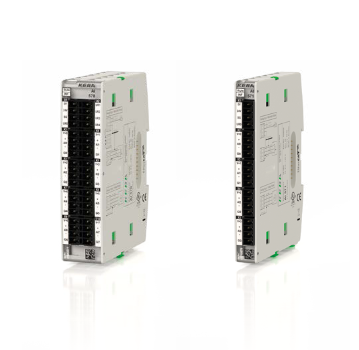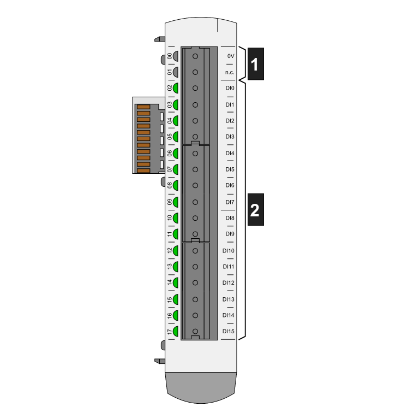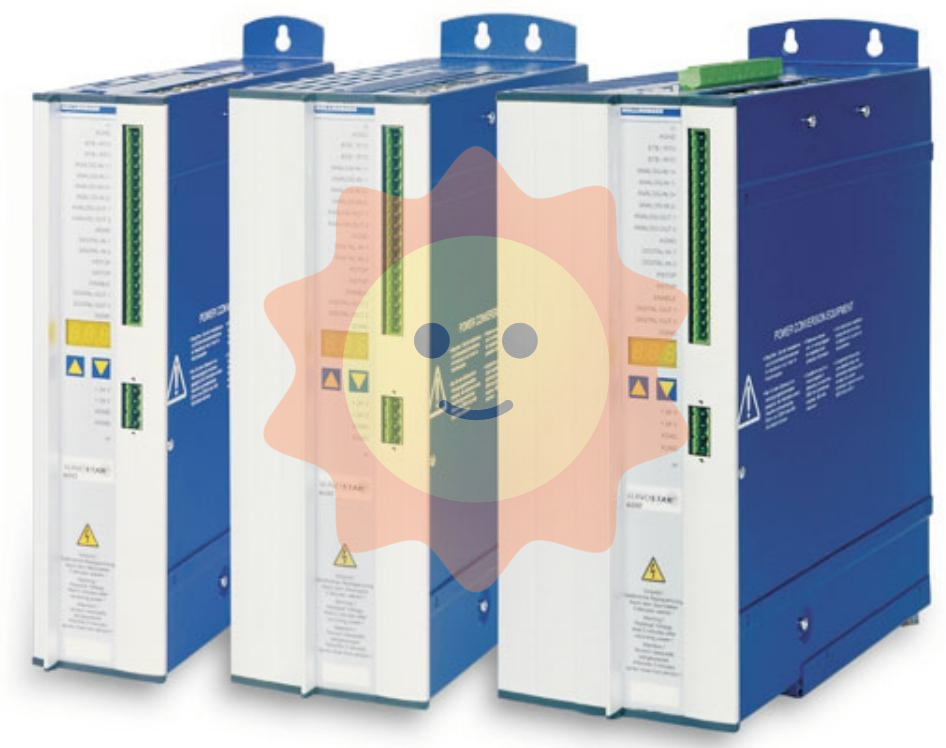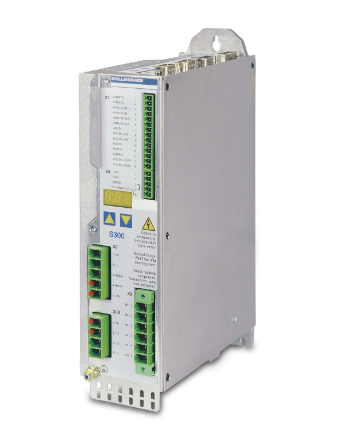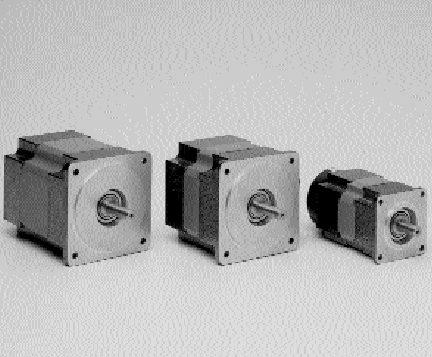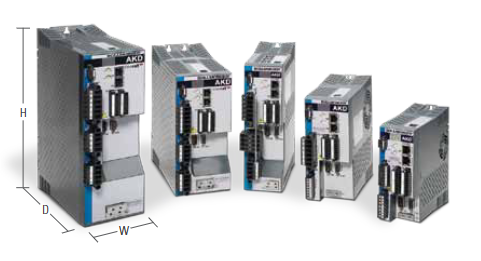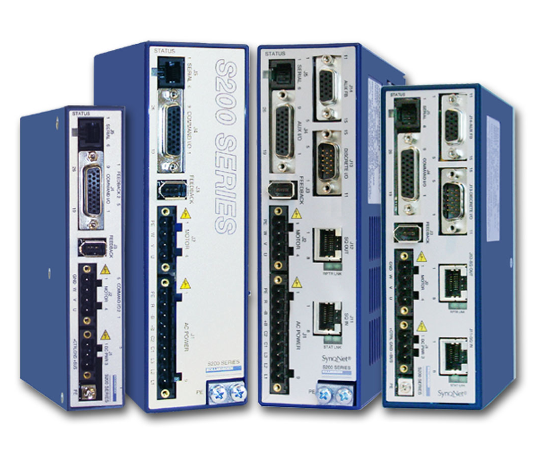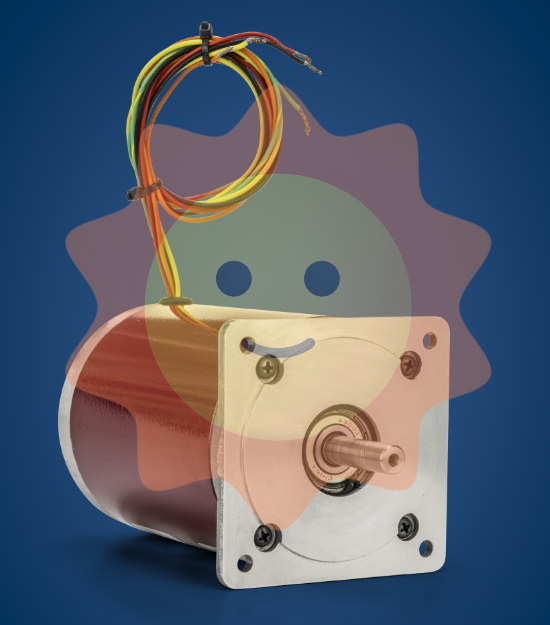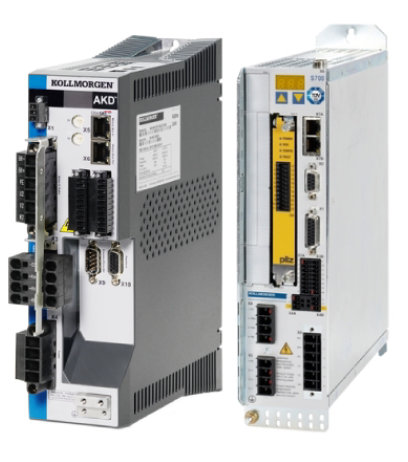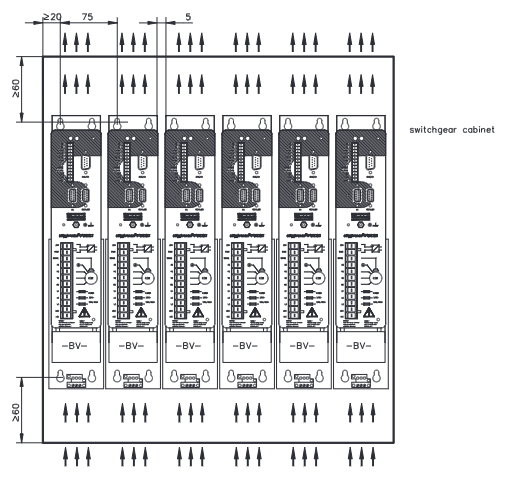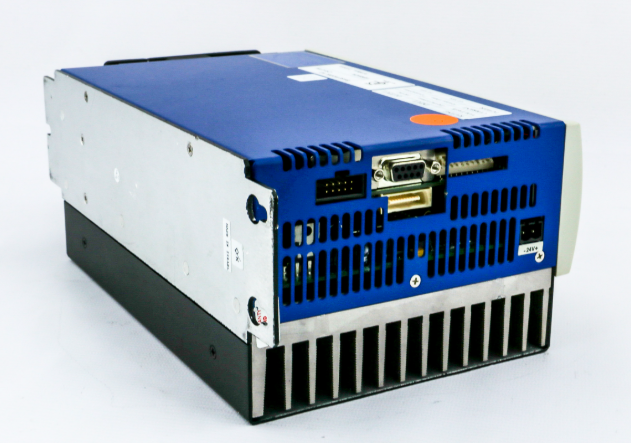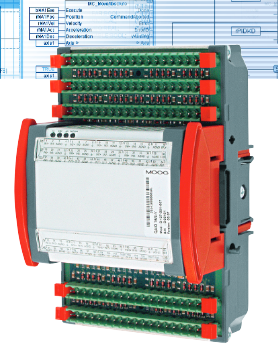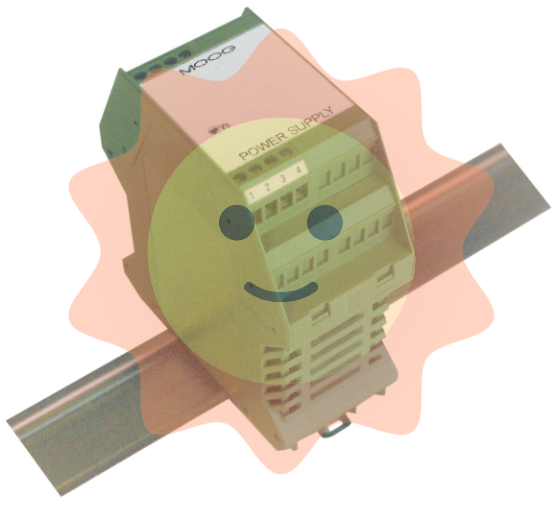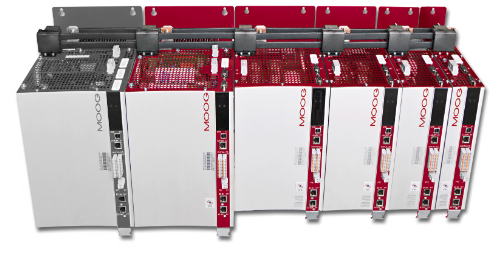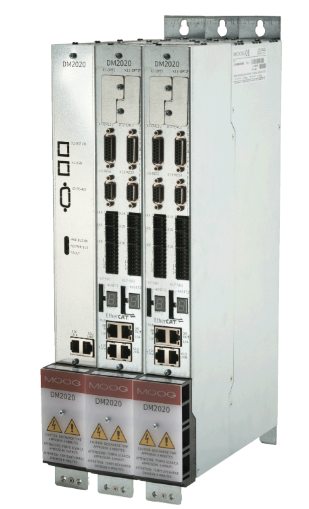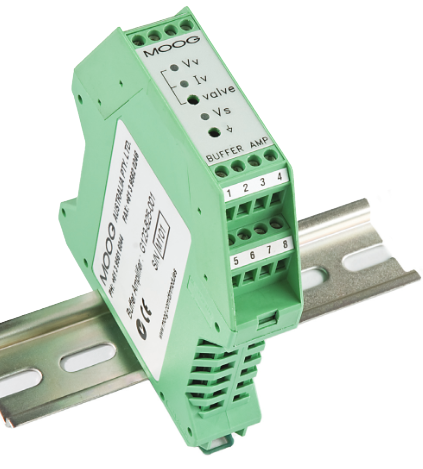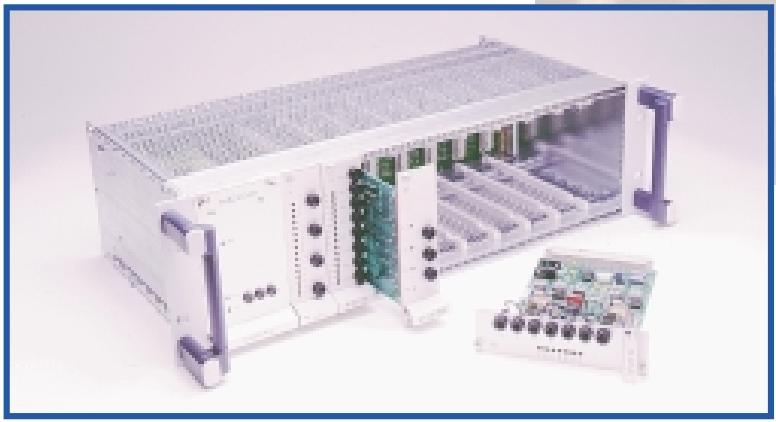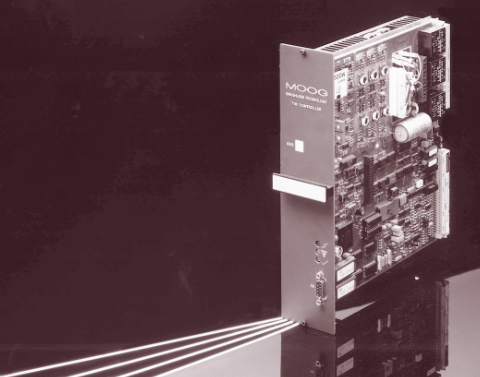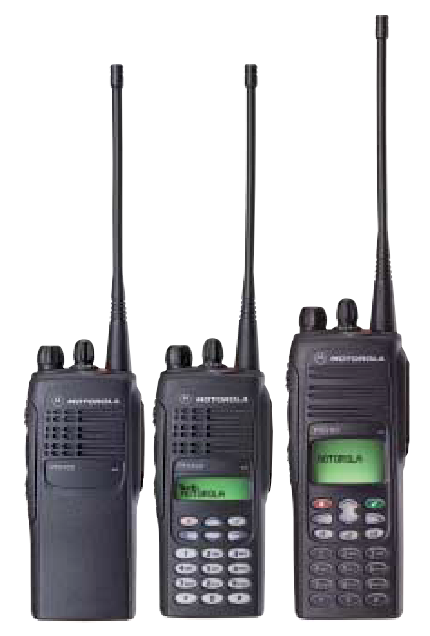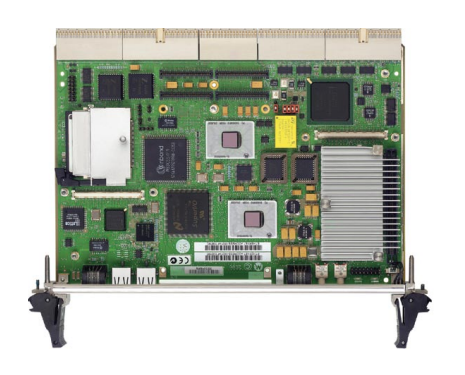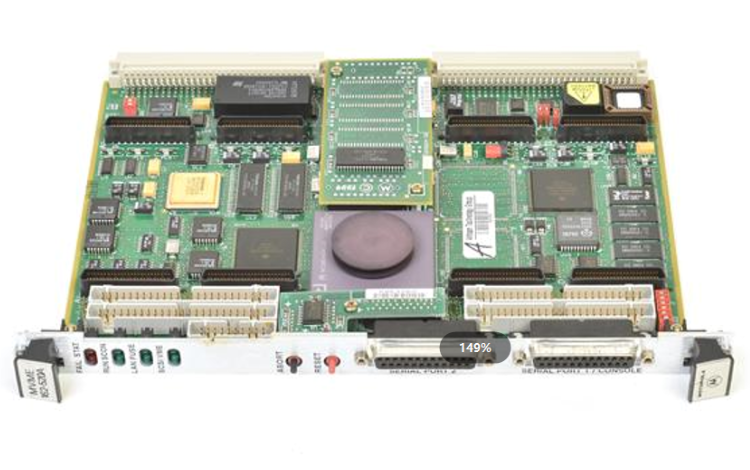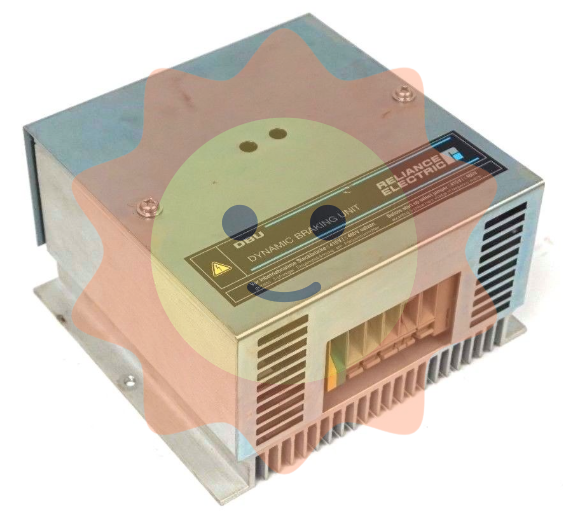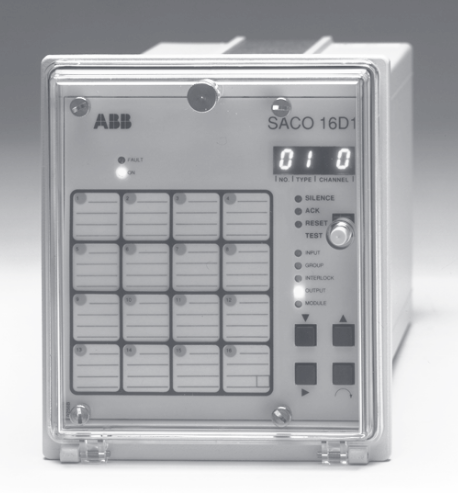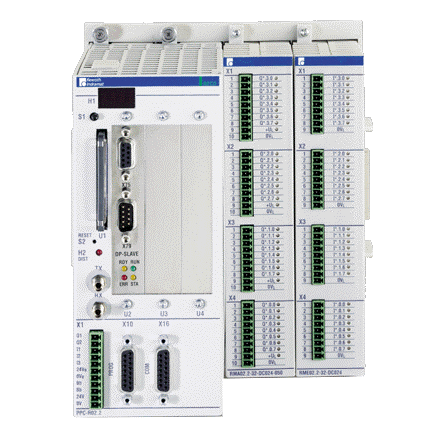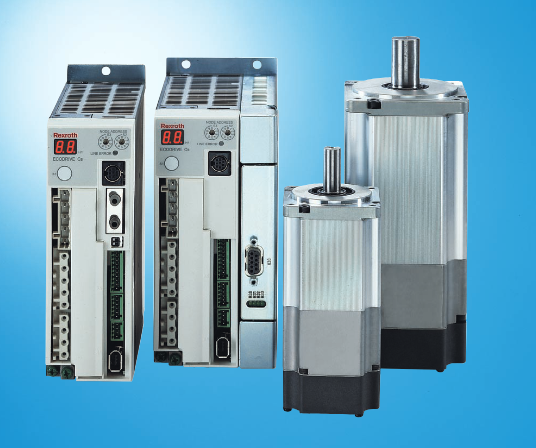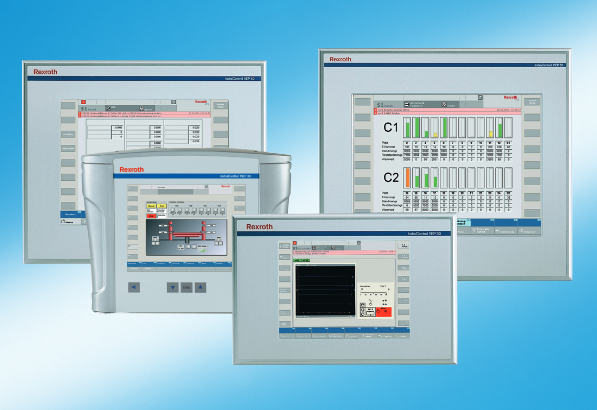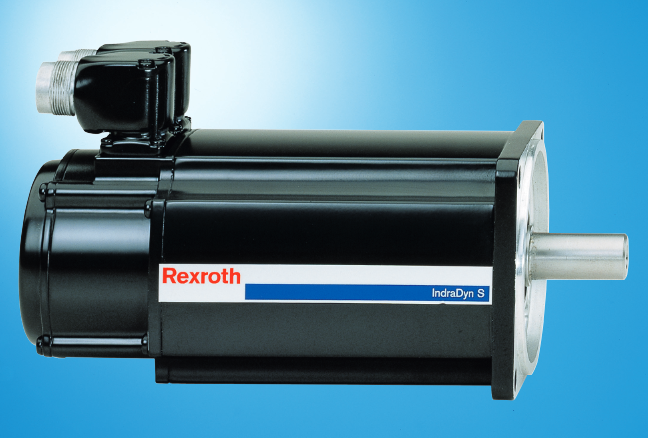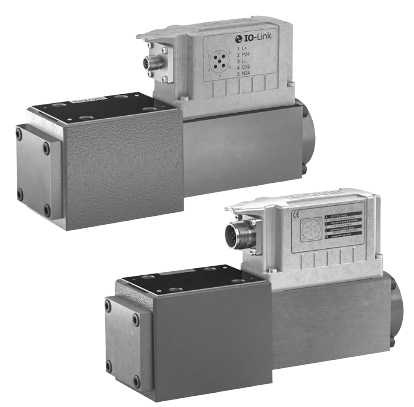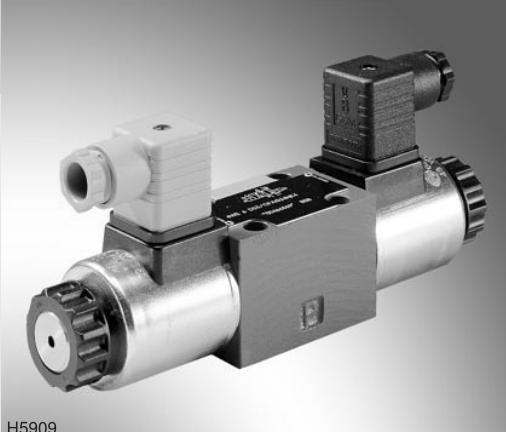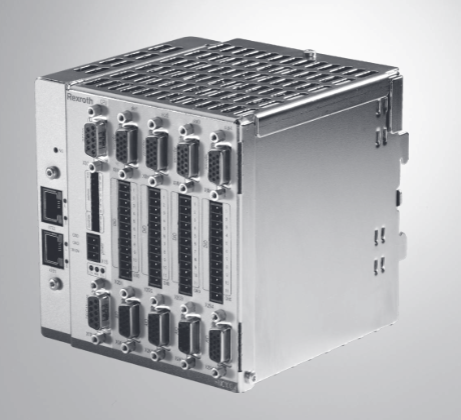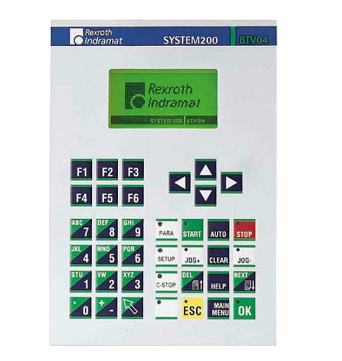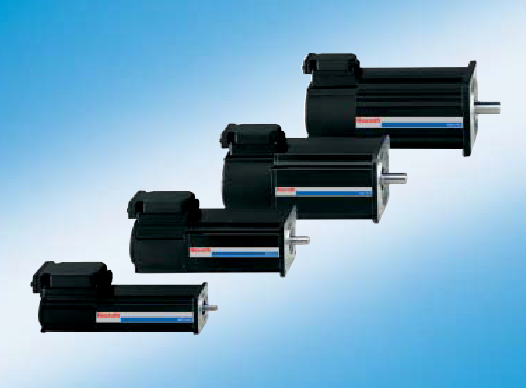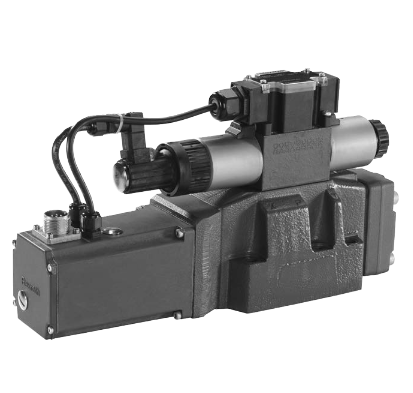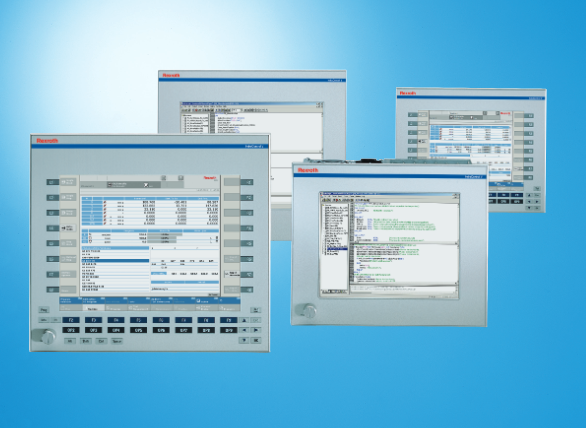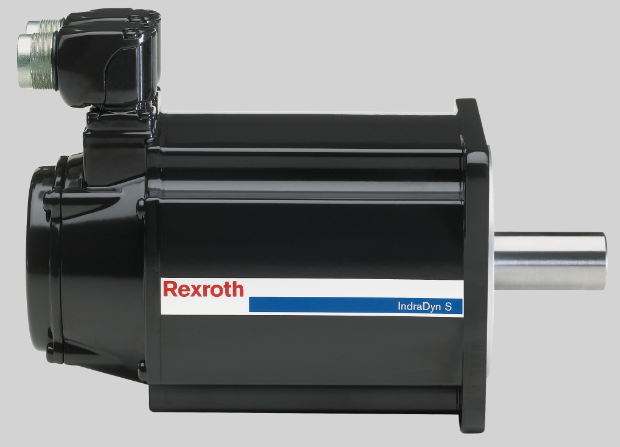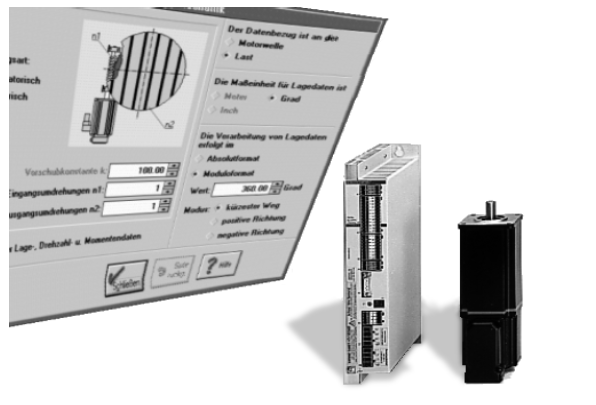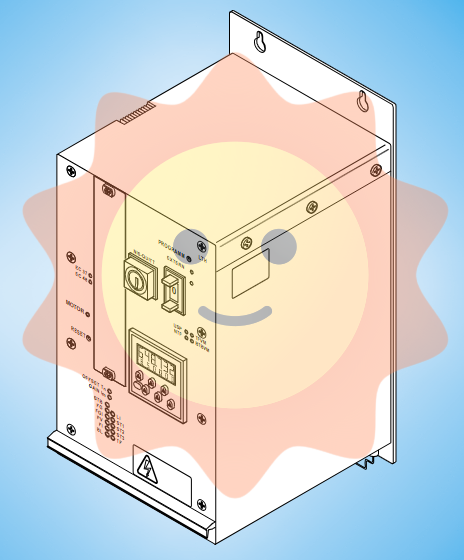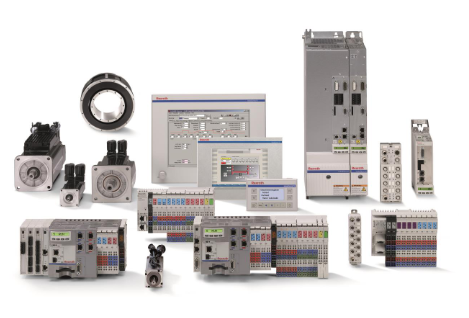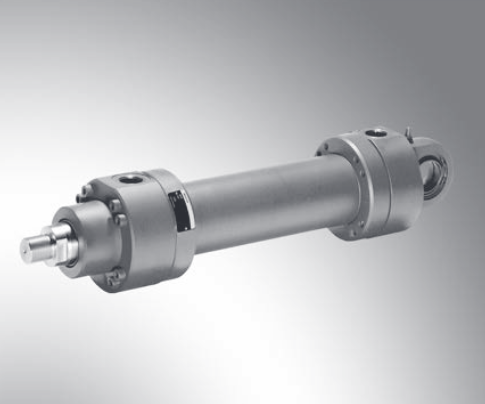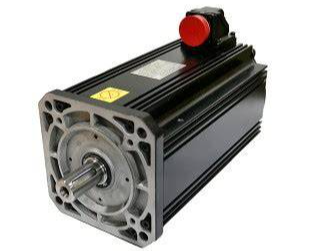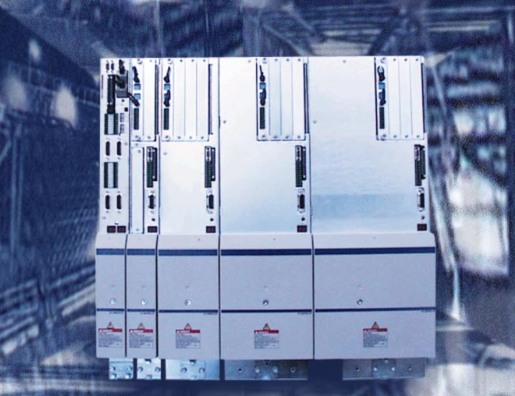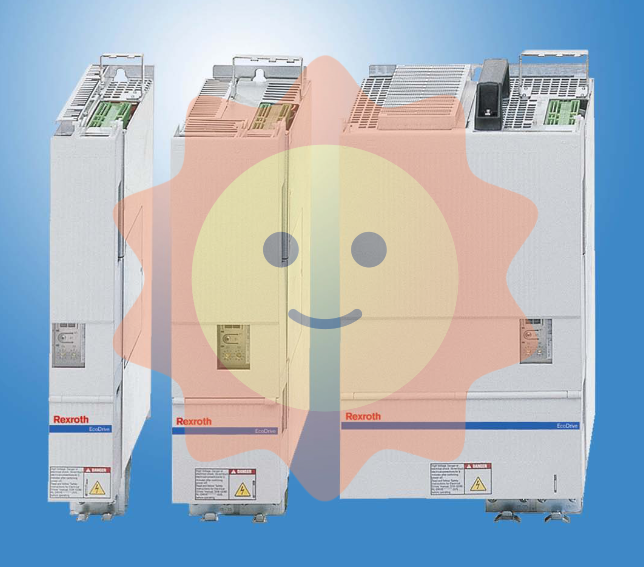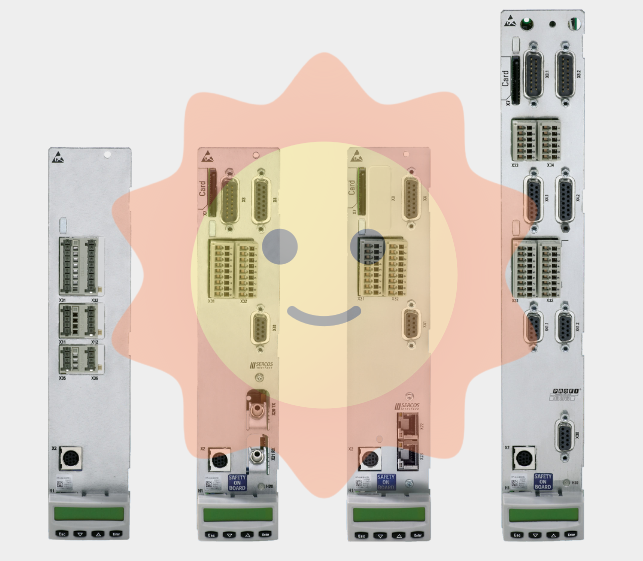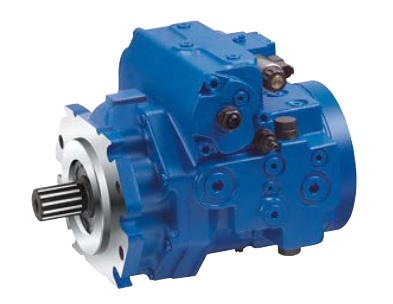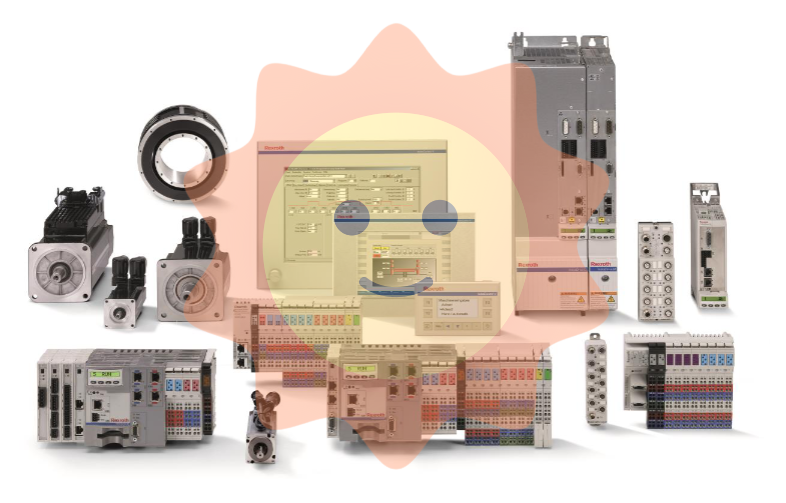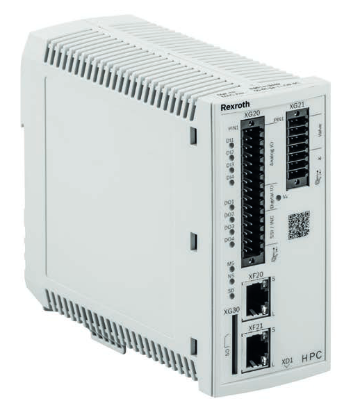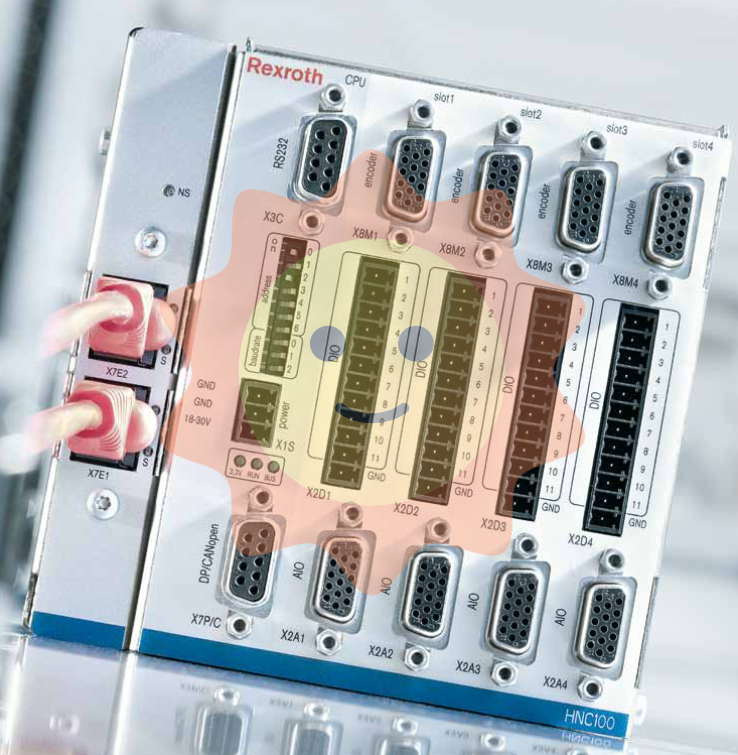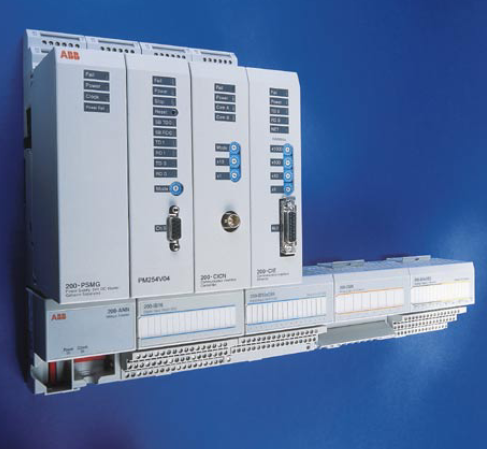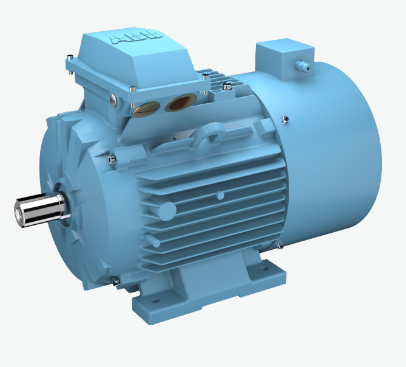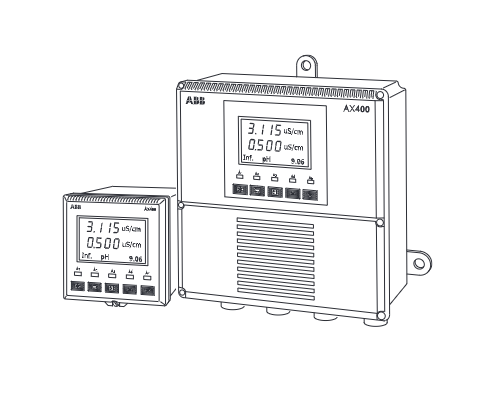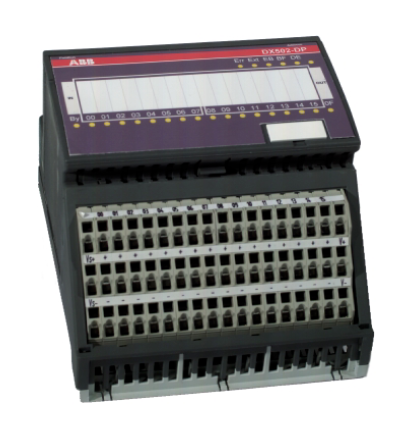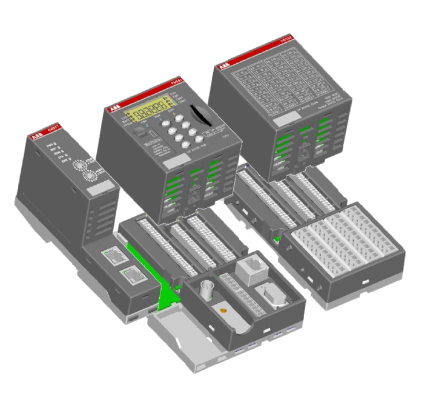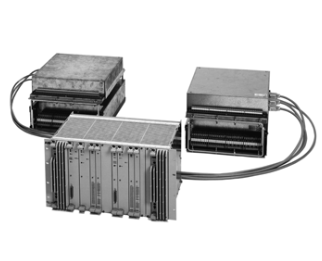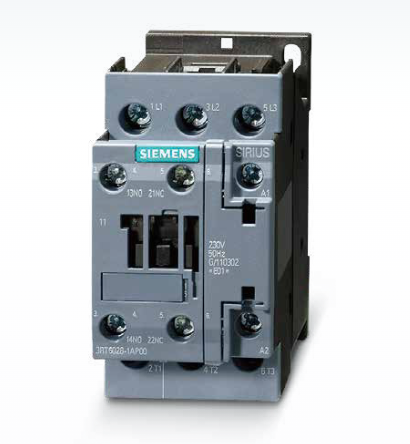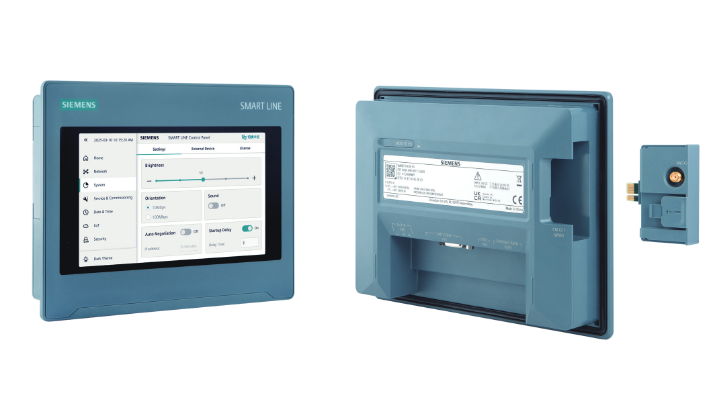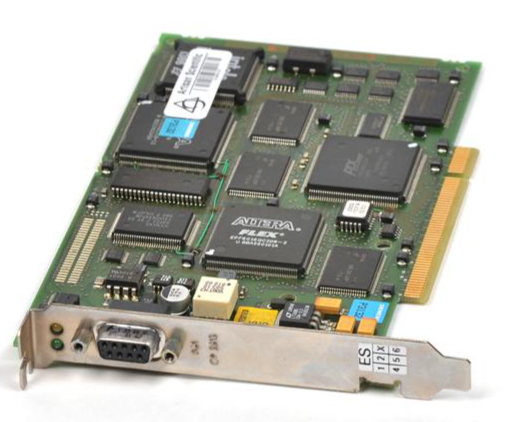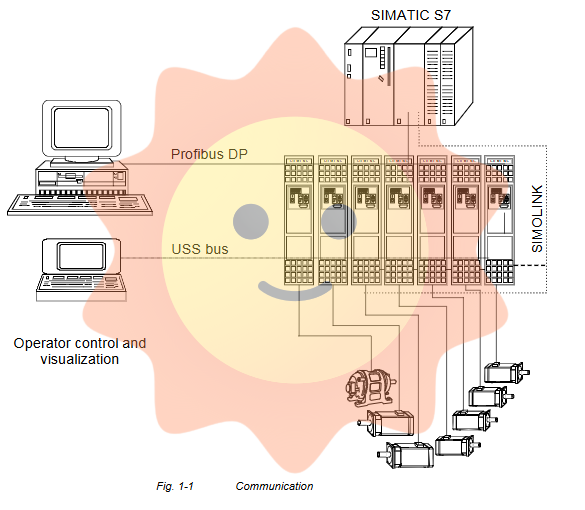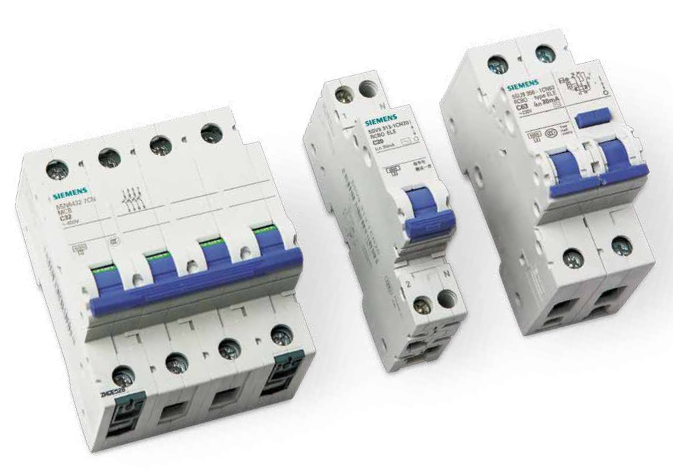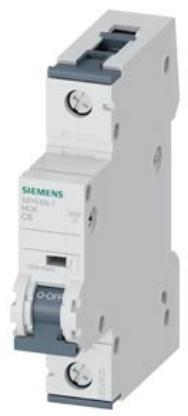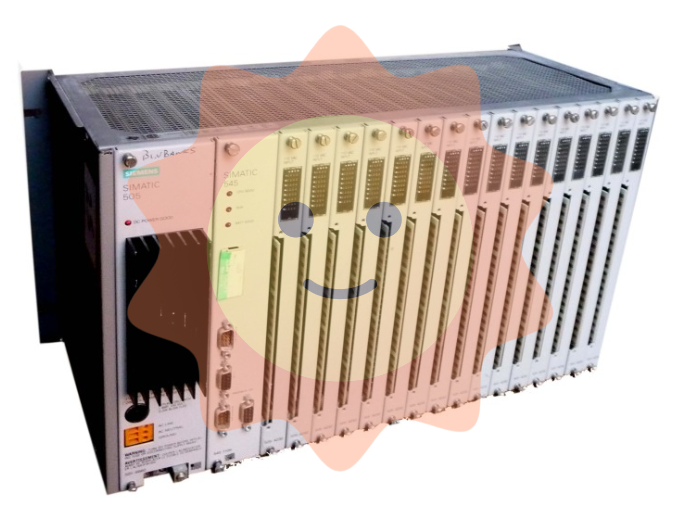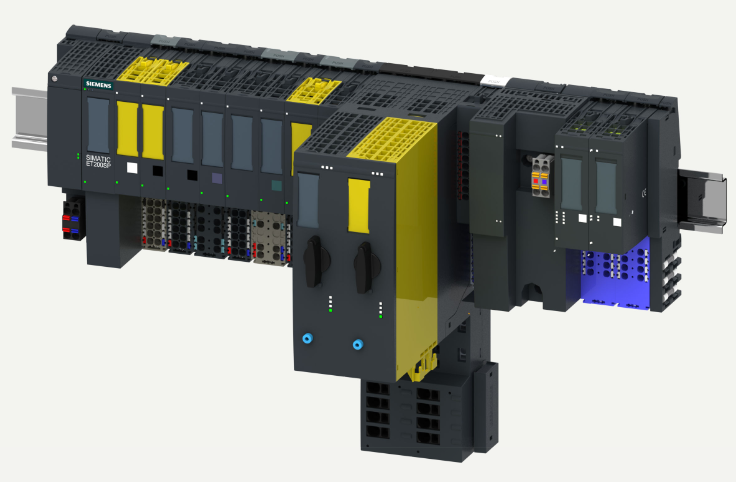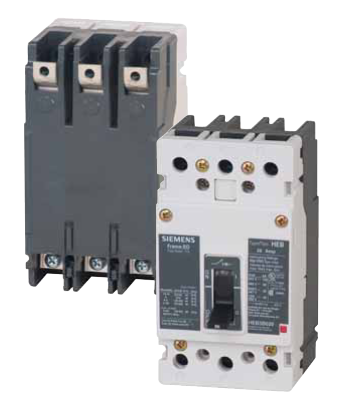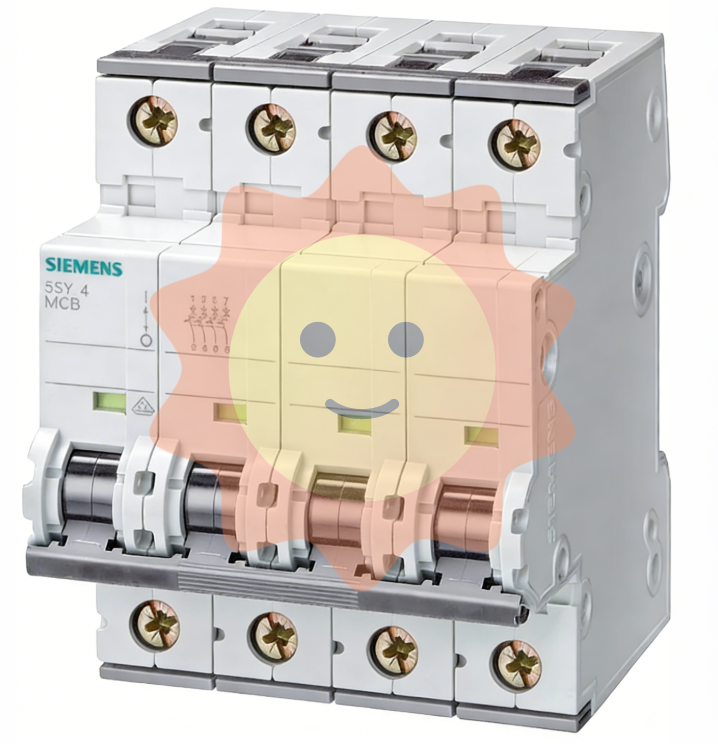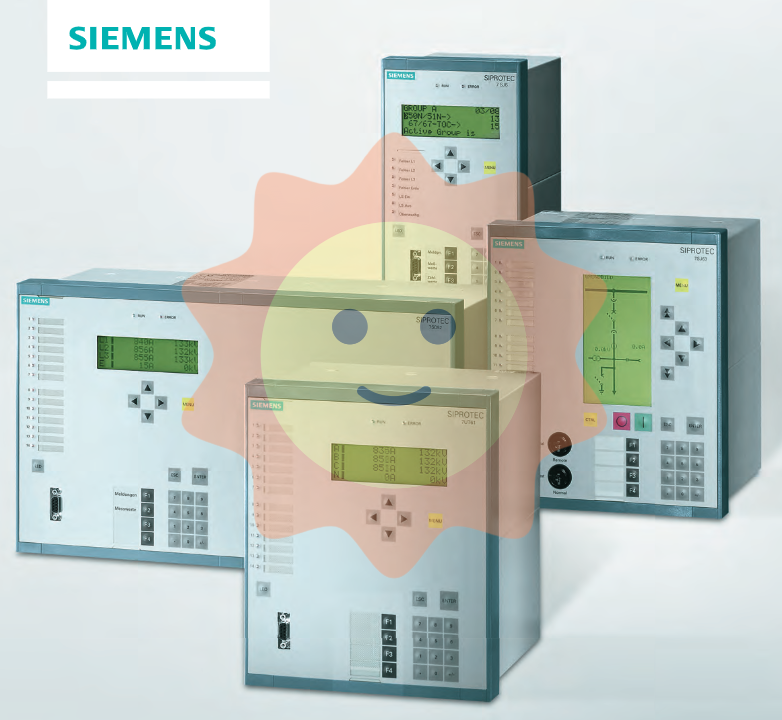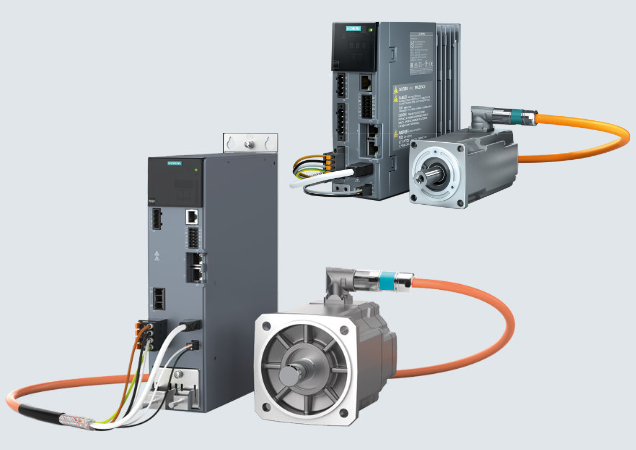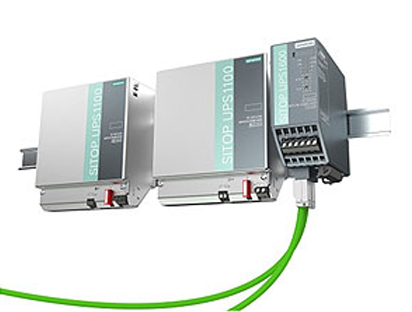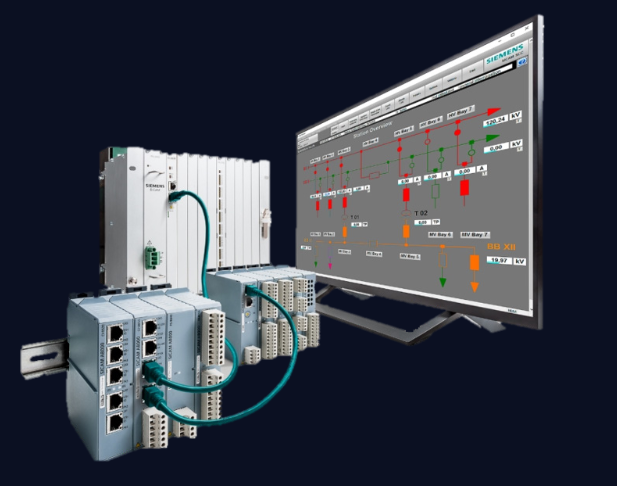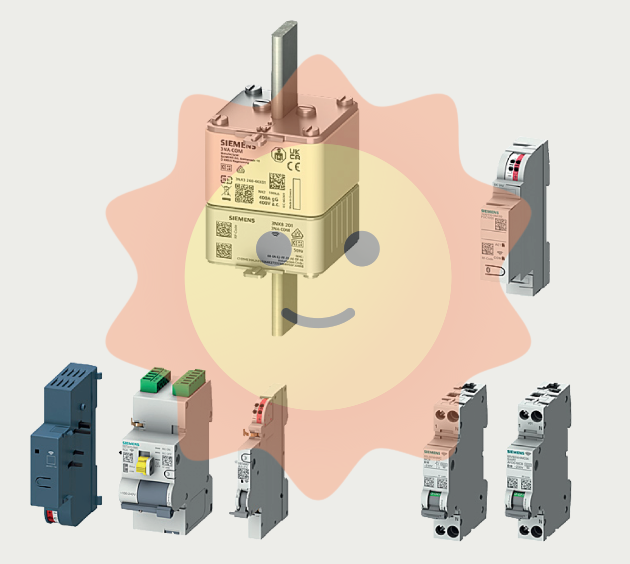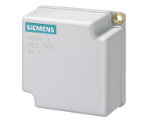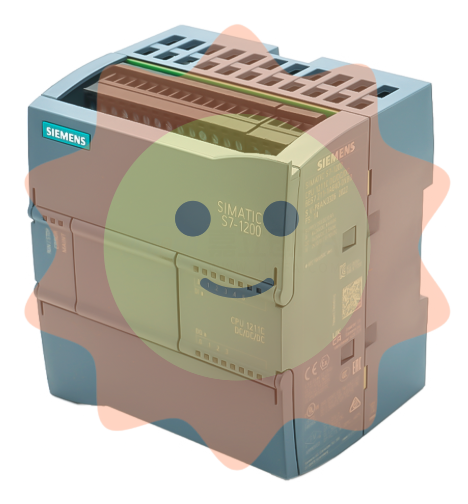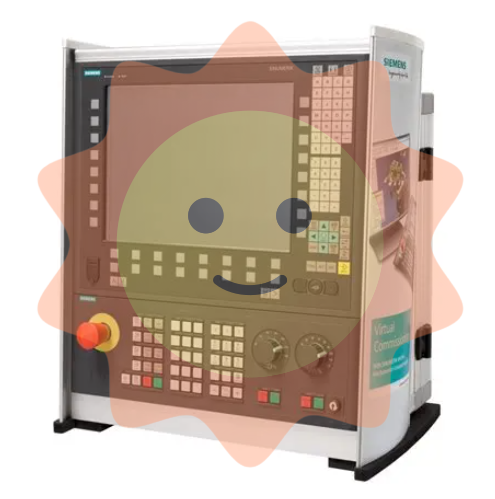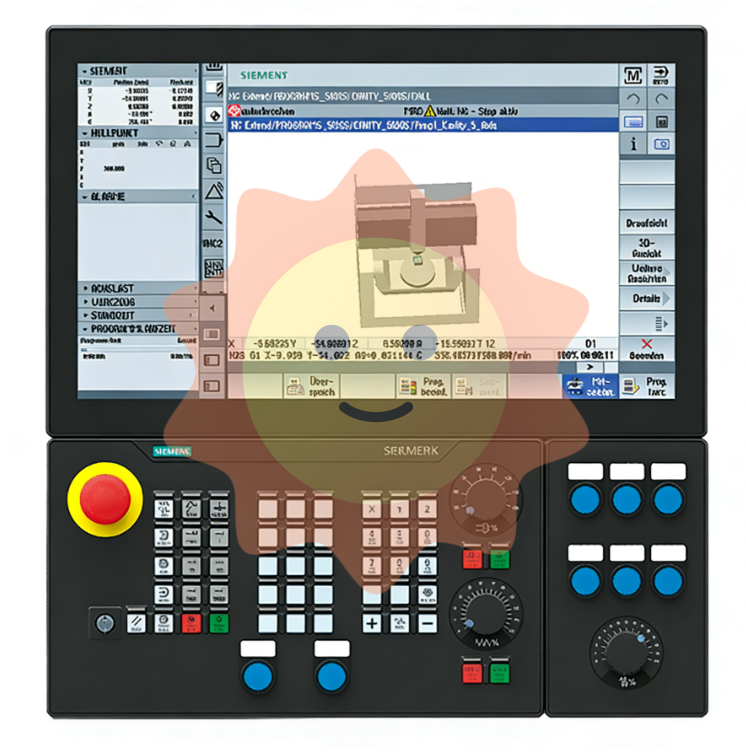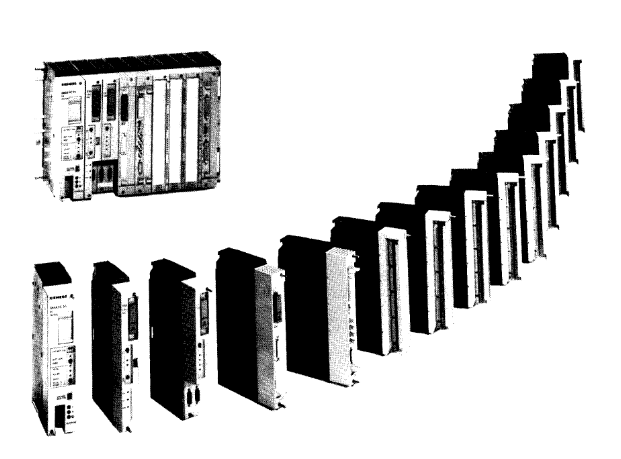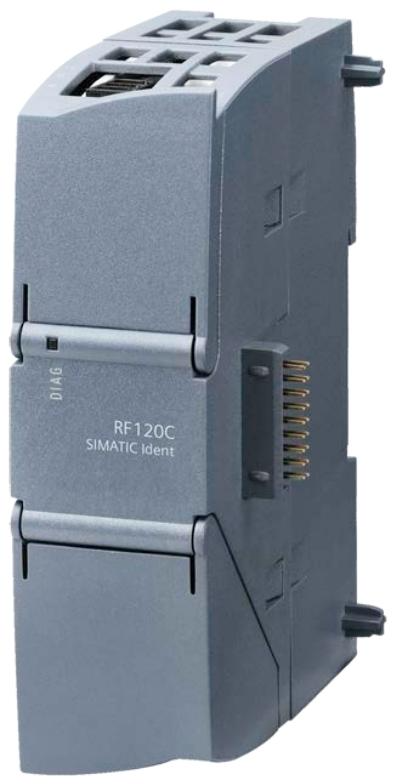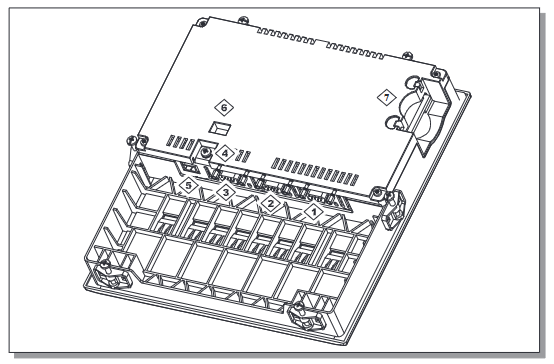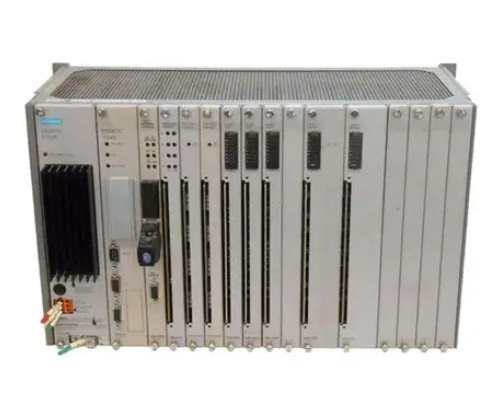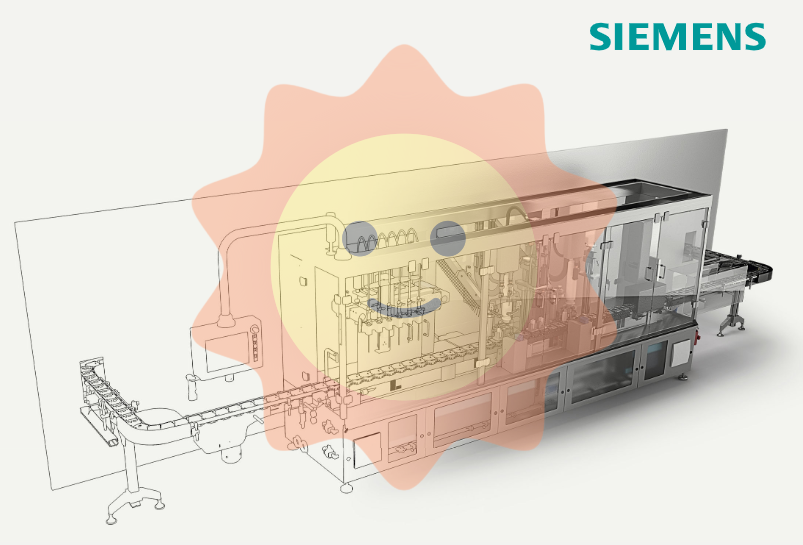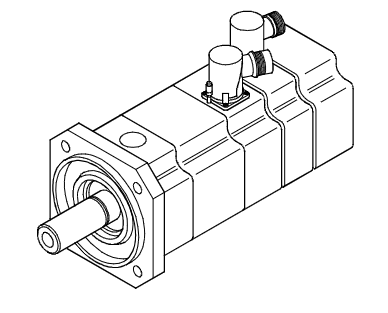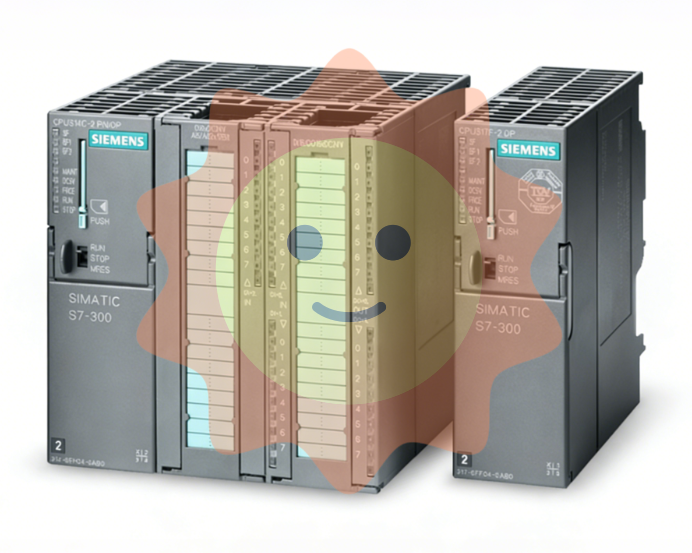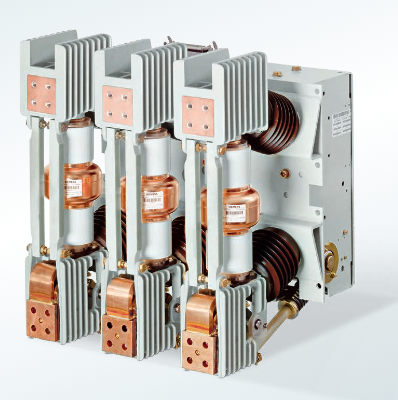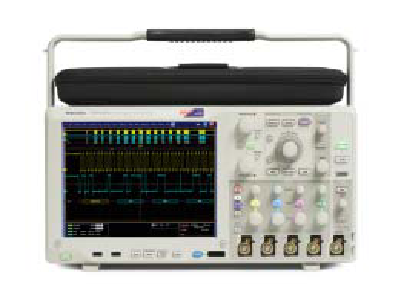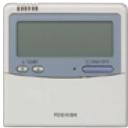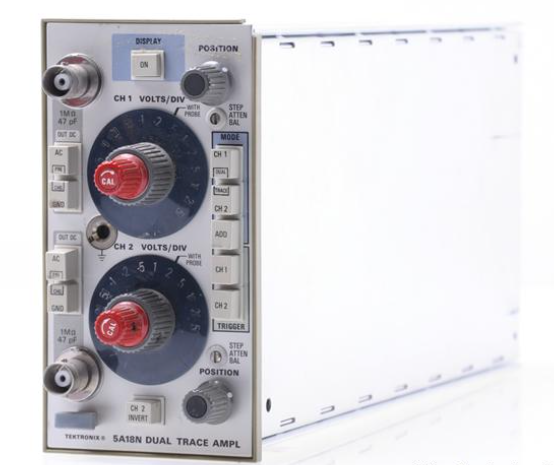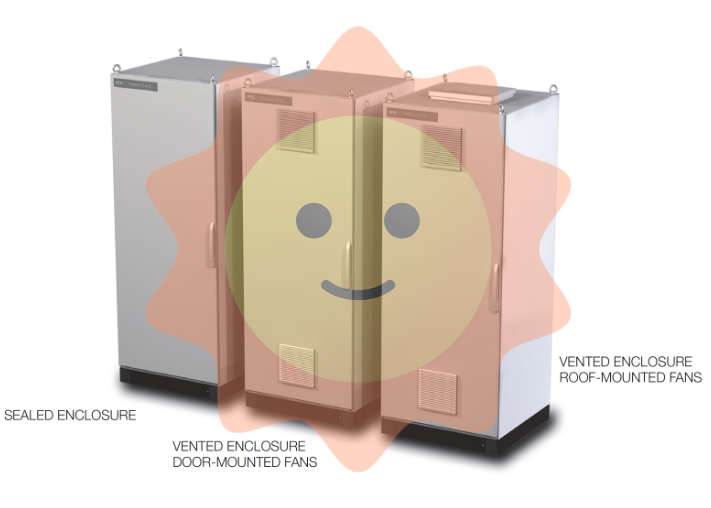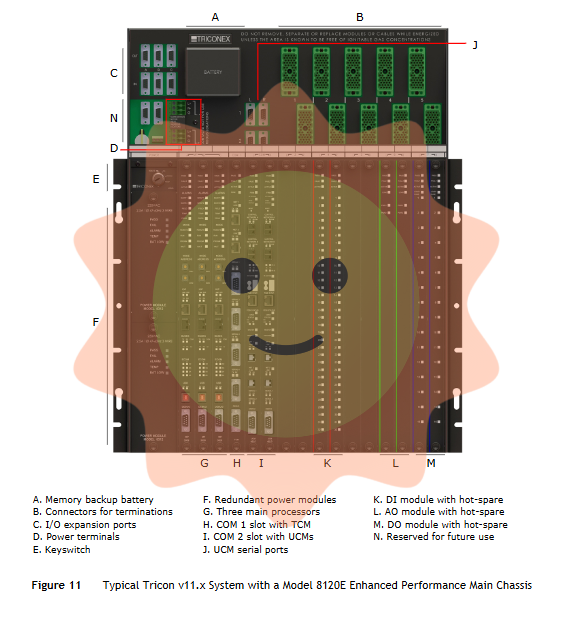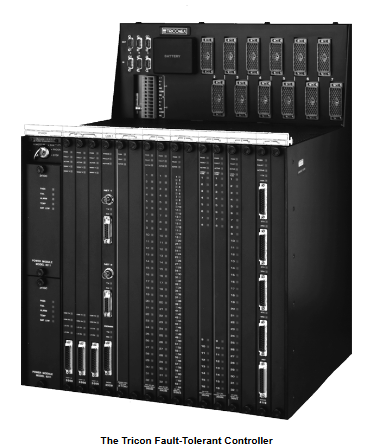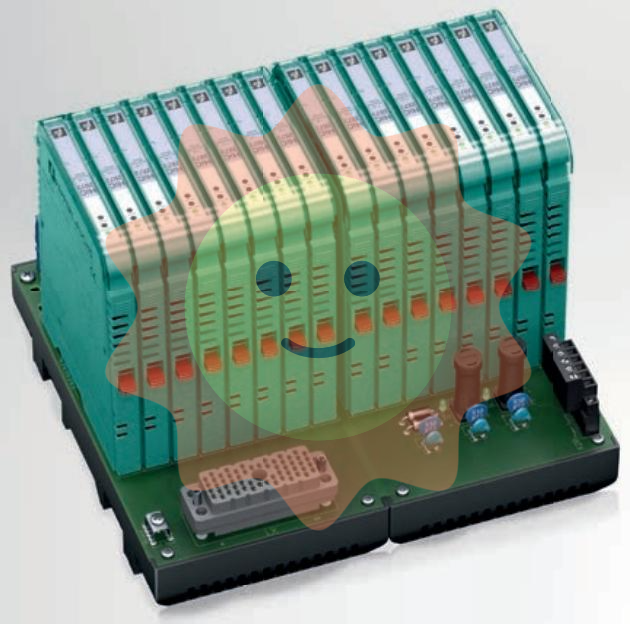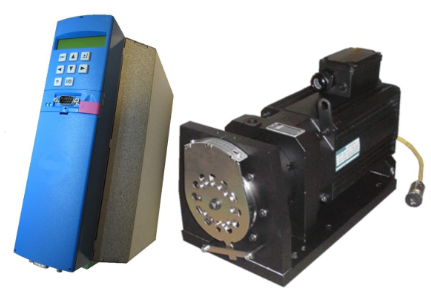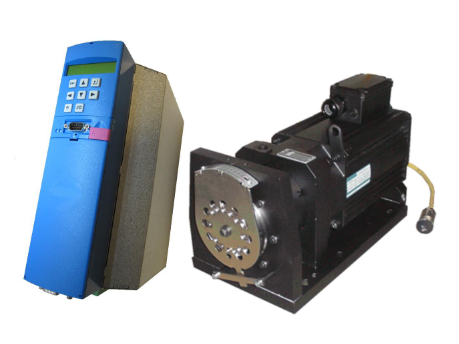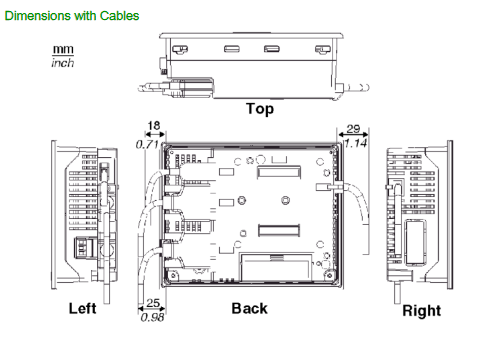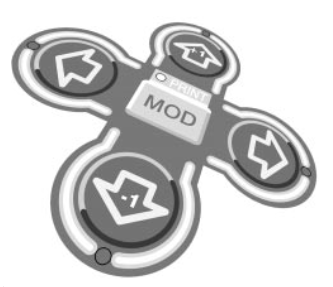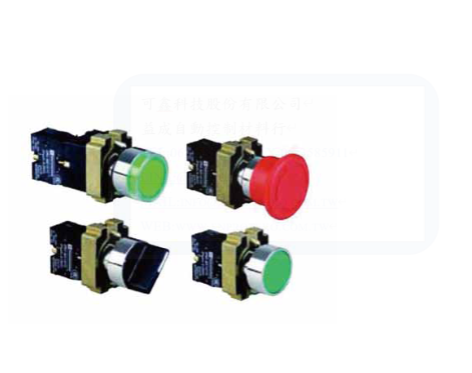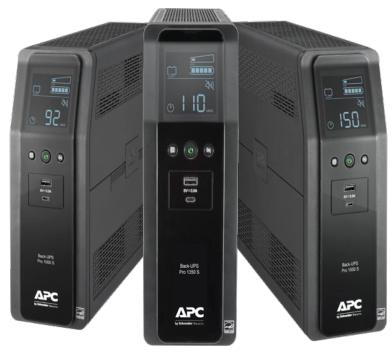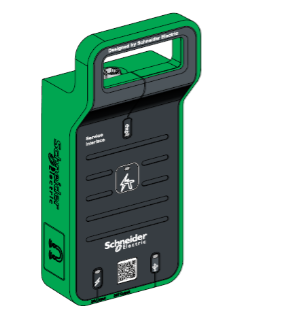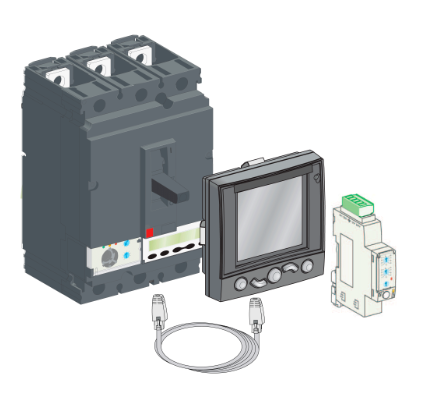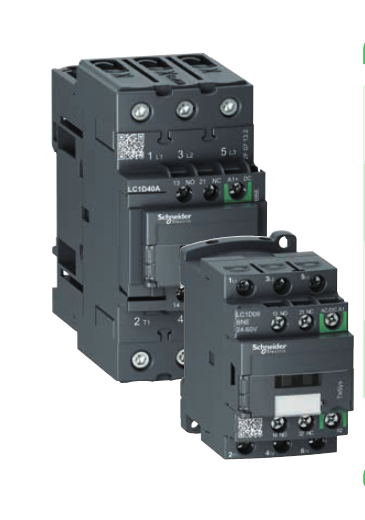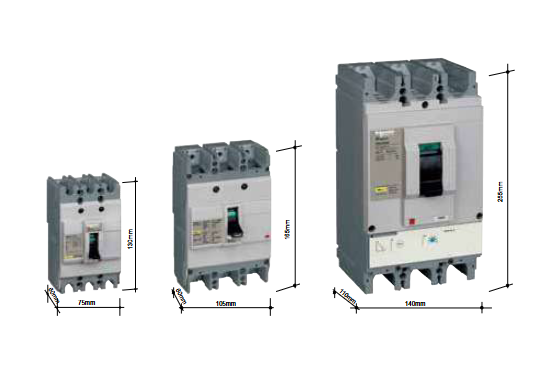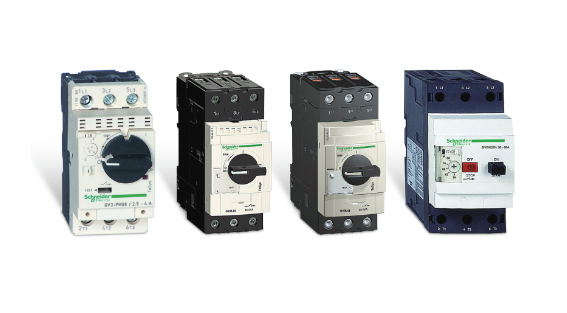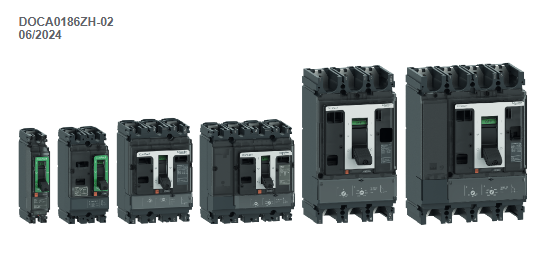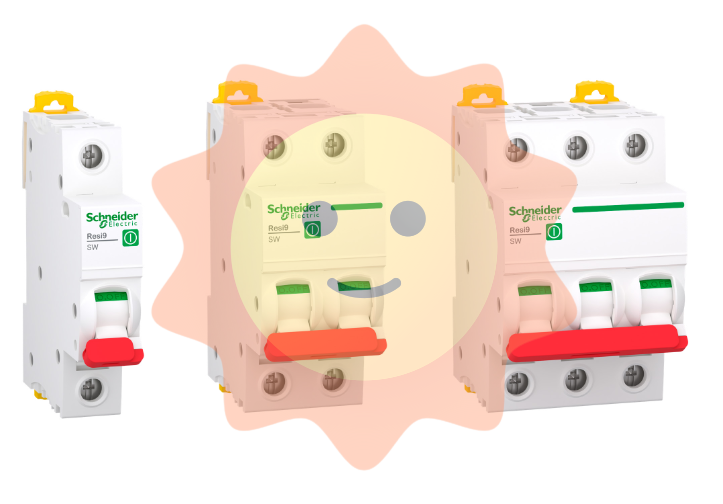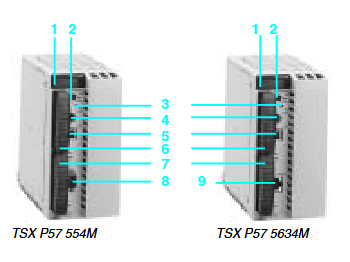GE HE693THM809C Thermocouple Input Module
GE HE693THM809C Thermocouple Input Module
Product Overview
The HE693THM809C module is an important part of the GE PLC family, specifically designed to receive and process temperature signals from thermocouples. Thermocouples, as commonly used temperature sensors, are able to convert temperature into electrical signals for transmission and processing, while the HE693THM809C module is able to accurately measure and convert these signals to ensure the accuracy of temperature data.
Technical features
High-precision measurement: HE693THM809C module adopts advanced signal processing technology and high-precision components, which can realise precise measurement and conversion of thermocouple signals to ensure the accuracy of temperature data.
High Stability and Reliability: The module undergoes rigorous testing and screening to ensure stable performance and high reliability under various environmental conditions.
Easy to integrate and configure: HE693THM809C module supports a variety of communication protocols and interfaces, such as Modbus, Profibus, etc., which facilitates data exchange and communication with other devices. Meanwhile, the module also provides a clear configuration interface and simple operation methods, enabling users to easily integrate and configure the module.
Wide range of application: The module is suitable for various industrial automation and process control fields, such as manufacturing, chemical, petrochemical, energy, etc. It can meet the needs of different industries for temperature monitoring and control.
Application Areas
HE693THM809C module is widely used in various industrial automation and process control fields that require temperature monitoring and control, including but not limited to:
Manufacturing industry: In the manufacturing industry, HE693THM809C modules can be used to monitor and control the temperature of various mechanical equipment and production lines to ensure the normal operation of equipment and product quality.
Chemical and petrochemical industry: In the chemical and petrochemical industry, temperature control is crucial. HE693THM809C modules can be used to monitor and control the temperatures of various chemical reactions and processes to ensure the safety and stability of production.
Energy industry: In the energy industry, HE693THM809C module can be used to monitor and control the temperature of various energy equipments, such as generators, transformers, etc., to ensure the normal operation of the equipments and the efficient use of energy.
Product Specifications and Parameters
Specific product specifications and parameters for the HE693THM809C module may vary depending on the product version or manufacturer. However, in general, the module may have the following specification parameters:
Model No.: HE693THM809C
Brand: General Electric (General Electric)
Input Type: Thermocouple Input
Number of channels: the exact number of channels may vary depending on the product version
Operating voltage: in line with the standard operating voltage range of industrial automation equipment
Operating temperature range: adapt to a variety of industrial environments in the operating temperature range
Communication interface: support a variety of communication protocols and interfaces, such as Modbus, Profibus, etc. (the specific interface may vary depending on the product version)
Packaging: generally use the original packaging to ensure product integrity and safety
Types of IO modules
Digital Input/Output Modules
Digital IO modules are used to handle the input and output of binary signals. They can receive and send digital signals and are commonly used to control logic switches, triggers and other digital devices.
Analogue Input/Output Modules
Analogue IO modules are used to process the input and output of continuous type signals. They can receive and send analogue signals and are typically used to measure and control continuity parameters such as temperature, pressure, voltage, etc.
Configuration Input/Output Modules
Configuration IO modules combine digital and analogue functionality to handle different types of input and output signals simultaneously. They typically offer greater flexibility and configurability for applications that require multiple signal types.
Special Function I/O Modules
Special function IO modules are designed and optimised for specific application areas. For example, high-speed data acquisition modules are used for high-speed data transmission and real-time data processing, industrial control IO modules are suitable for factory automation control systems, and security monitoring IO modules are suitable for security systems.
Working Principle of IO Modules
The working principle of IO modules is based on signal conversion and communication technology. They usually consist of input circuit, output circuit, signal conversion circuit and communication interface.
Input Circuit
Input circuits are used to receive signals sent from external devices and convert them into signals that can be read by a computer system or control system. These input circuits usually include filters, amplifiers and analogue-to-digital converters to ensure stable signal transmission and accurate data acquisition.
Output Circuits
Output circuits are used to convert signals generated by a computer system or control system into a form required by an external device. These output circuits usually include digital to analogue converters, current amplifiers and driver circuits etc. to ensure correct signal transmission and accurate execution of operations.
Signal Conversion Circuits
Signal conversion circuits are used to convert input signals to output signals accordingly. They can convert analogue signals to digital signals or vice versa. These conversion circuits typically include analogue-to-digital converters (ADCs), digital-to-analogue converters (DACs), comparators, etc.
Communication Interfaces
IO modules typically have various communication interfaces for exchanging data and communicating with computer systems or other external devices. These interfaces can be serial interfaces (RS232, RS485), Ethernet interfaces, USB interfaces, or CAN bus interfaces, among others.

- User name Member Level Quantity Specification Purchase Date
- Satisfaction :
-










